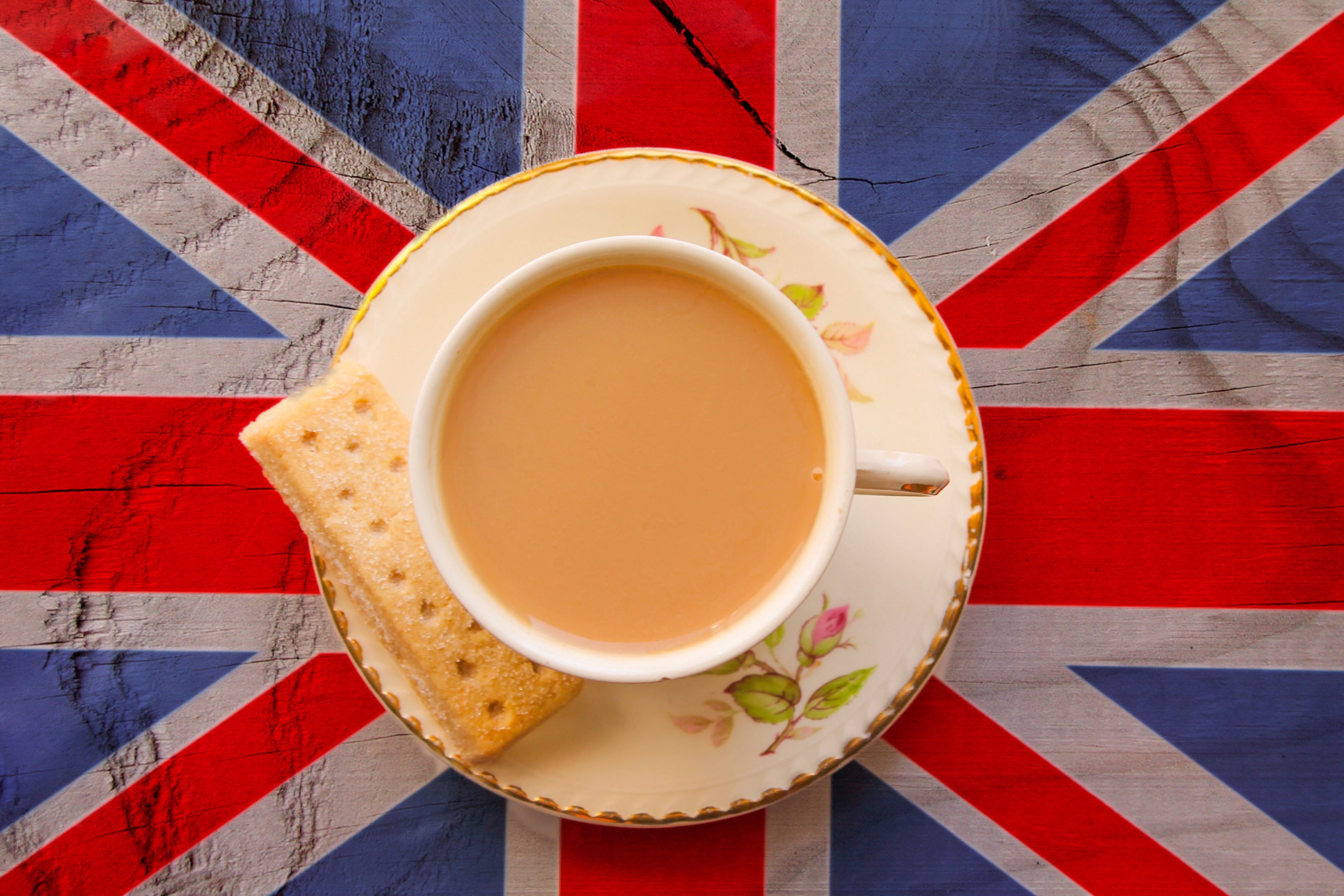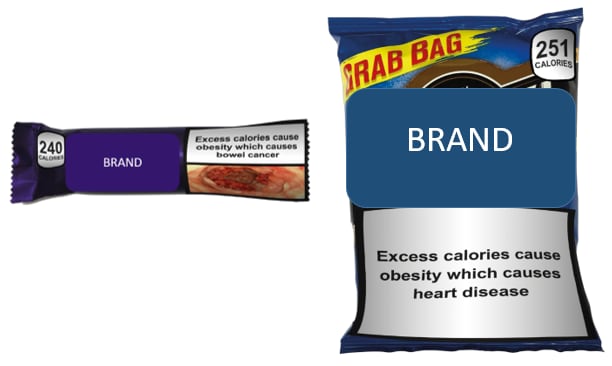“The virus has shown with terrible clarity the damage being done to our health by the modern food system,” wrote Dimbleby in the report commissioned by the government, which has said it will carefully consider its recommendations.
He continued: “Diet-related illness is one of the top three risk factors for dying of COVID-19. This has given a new urgency to the slow-motion disaster of the British diet.”
Even before the pandemic, he claimed, poor diet was responsible for one in seven deaths in the UK (90,000 a year) more than the death toll from traffic accidents (1,780 a year) and almost as many fatalities as smoking (95,000).
“This is a medical emergency we can no longer afford to ignore,” he added.
Britons, he complained “tend to rush our meals, spending almost half as much time eating as the French”. The British do not place as high a social value on food and cooking as their continental neighbours. Only 8% of consumer spending in the UK goes on food at home, compared with 14% in Spain and Italy. People spend an hour and 19 minutes eating a day, compared with more than two hours in Spain, Italy and France, the report observed.
Dimbleby blamed the “relative weakness of Britain’s food culture” on the Industrial Revolution when people were “wrenched from the land” and thus lost “familiarity and confidence with food”. The Anglo-Saxon food culture bears more relation to that of the USA than to our European neighbours, he stated.
Implications for the food industry? More regulation
Food manufacturers, meanwhile, are “determined to know how they can play their part in creating a healthier food landscape without destroying their own viability,” said Dimbleby.
Greggs CEO Roger Whiteside told the report that a level playing was needed so big companies making healthier products wouldn’t be at threat from the independent sector.
“I think you may need more regulation – a level playing field – because if I start making everything less appealing and other people are going the other way, then basically I am just opening up a vulnerable commercial front,” he said.
According to the report, this is a sentiment echoed by Mike Coupe, former CEO of Sainsbury’s, and Dave Lewis, CEO of Tesco. “Both have said that they do not believe that the free market can solve the problems in the food system on its own and that regulation is needed to bring about change,” wrote Dimbleby.
The ‘false virtue’ of labelling
The report also takes aim at the food industry over ‘misleading labelling’, with Marks & Spencer and Innocent singled out for their 'egregious sins'.
Dimbleby criticised Innocent for the 'false virtue' of stating on 'no added sugar' its lemon and lime-flavoured Juicy Water, while “omitting to mention the eight teaspoons-worth of natural sugars from grapes and pears”. He also took aim at Marks and Spencer for stating its Percy Pigs sweets contained 'no artificial colours or artificial flavourings'. Parents, according to Dimbleby, would be “agog to find that the three largest ingredients by weight are glucose syrup, sugar and glucose-fructose syrup”.
“If M&S – which is a great deal more scrupulous than many food companies – is guilty of such trickery, you can be sure the practice is ubiquitous. Food packaging is increasingly littered with boasts that, if not quite lies, are at least wilfully misleading.”
The report supported the restrictions on advertising and promotions of unhealthy food announced by the government earlier this week, which disappointed Tim Rycroft, COO of the Food and Drink Federation.
“While we agree with the more targeted measures set out in the report [such as the recommended measures which will help to increase access and affordability of food for children and families on lower incomes] we are disappointed to see that Henry has endorsed two of the policies set out in the Government's obesity strategy – a proposed '9pm watershed' for HFSS advertising and banning retail and online promotions of HFSS products.
"The Government's own evidence shows these measures combined will only reduce a child's calorie consumption by 17 calories per day. Such measures will also massively dis- incentivise manufacturers to bring forward reformulated, healthier options since in many cases they will not be able to be advertised or promoted to consumers.”
He added: “Our food system is highly successful in providing choice, convenience and value to the public and industry is rightly proud of this. We acknowledge that there are issues that need to be addressed and we are ready to play our part.”
But Christopher Snowdon, the Head of Lifestyle Economics at the think-tank IEA and long-time opponent of government intervention in matters such as obesity, questioned the need for a UK food strategy. He told the BBC: “I don’t understand why we need a national food strategy. We’ve got so many people talking about it already. We have Defra, the Department of Health, Public Health England, the NHS and they are all saying the same thing. I’m sick of the government commissioning all these reviews and endless inquiries which are all supposed to lead to fresh thinking and it just involves the same old establishment line: ‘Let’s have more public spending, more regulation, more bans on advertising’… where does it get us?”





